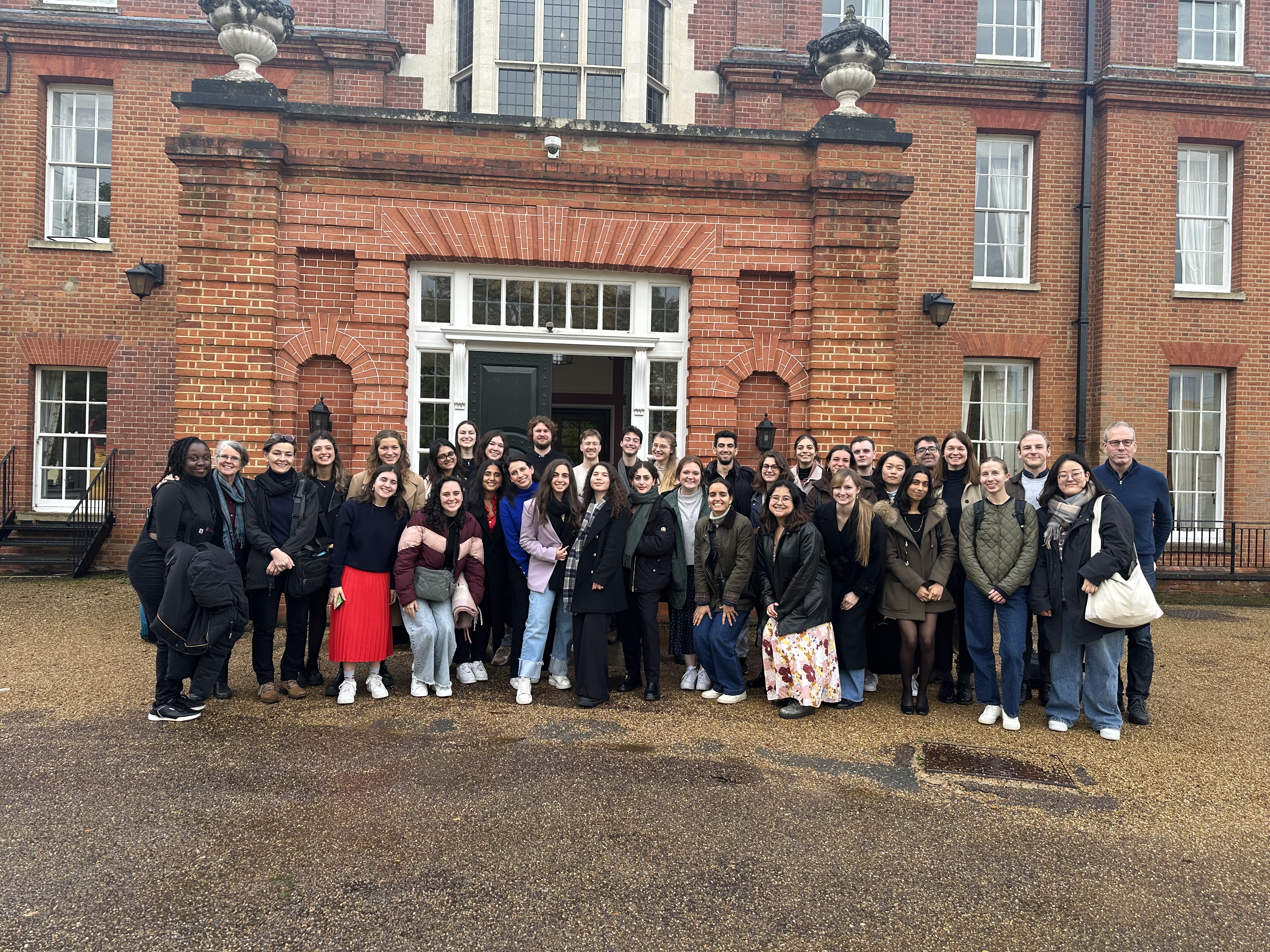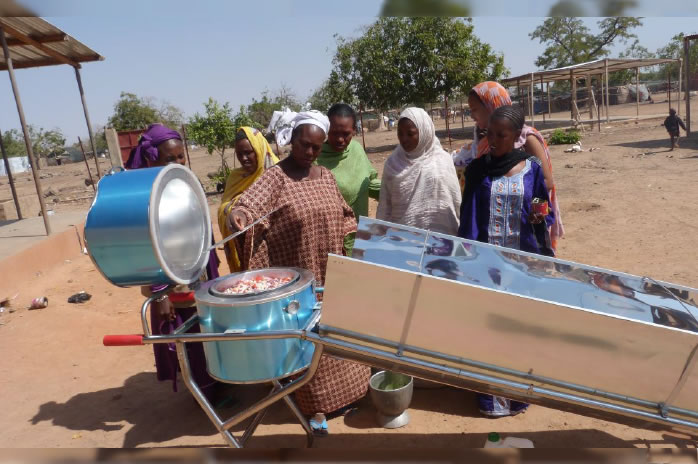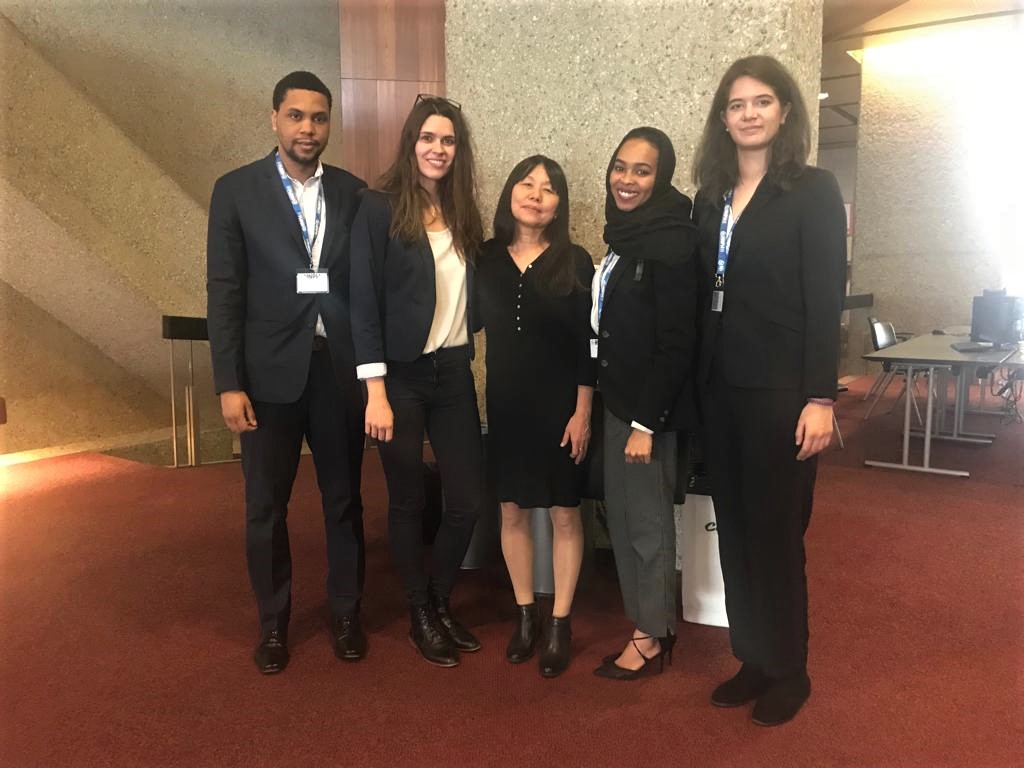MSc Social Policy and Development alum, Asmat Khan, shares with us case studies from two young women from rural Balochistan who managed to transform their lives through accessing education, despite the odds being against them.
To end poverty in all its forms in Balochistan, efforts must be made to: (1) sustain households escape from chronic poverty over time, and (2) improve services delivery and its quality at the grassroots level particularly in rural areas where majority of the extremely poor households live. In the context of education, inclusive and equitable quality education is considered both – an asset and a capability, with innate as well as instrumental value. It is an asset, as it increases the potential of a household to secure decent work and build resilience to escape poverty. Thriving education system is considered as vital to an area’s success and prosperity. Households with higher spending on education are more stable economically, politically and socially. This inter link of access to quality equitable education and poverty escape is the foundation of prosperity of any household.
Last month I met some wonderful women from rural Balochistan who despite poverty and lack of access to education not only changed their lives but also of their household members. Their success stories has the potential to inspire millions of girls to change their destiny.
Divorce for the Quest of Education
The road leading to Kallag Sorani, a small and poverty stricken village in District Kech, is deserted and difficult to travel on. Despite all difficulties Miss Noor Jahan takes us to her mud made house and narrates her journey to success.
“I was born in a very poor family. My father used to run a small shop in the village which hardly covered our household’s expenses forget about quality education. In our village it is a tradition that girls are married in a very early age because it is centuries old perception that a girl does not belong to her father’s family so it is useless to invest on her. Keeping the tradition alive I was also married when I was in 9th grade so I had to quit education. I remained out of class room for a year after marriage. But it was very painful for me because I wanted to complete my education and do something different from other women who did not get education because of early marriage. I requested my husband to let me to continue my education but he declined. I resisted and because of my resistance for education my husband divorced me. I did not regret for a second because I think this divorce was not from my husband but actually from ignorance and patriarchy which have chained women from pursuing their dreams. Today, I am well settled because of education. I run a private learning center named as Beramsh (Voice) Learning Center. I have done Bachelor of Arts and I earn 12000 PKR every month. My child is seven years and she is going to school”
“My journey did not stop here. Ten years ago, I couldn’t even dare to step out from the house because of the traditions we had, where women were to remain confined to the house. These four-walled houses were the only space where we could think of doing something. Stepping out of this space, particularly for doing something generally considered to be men’s work, was strongly discouraged.”

“In 2007, National Rural Support Programme (NRSP) organised us and formed our community organisation. In the beginning, I, like all other women of the village, were hesitant to sit with the men of our village, because I had never done that before. Gradually, I found myself more comfortable and confident in these sort of meetings, and started speaking out about our problems. I also found a huge change in the mindset of our men, who were at first reluctant about our participation in these community organisations, particularly sitting with other men. But now it is very normal to sit with them, discuss the problems of our village and try to find solutions. I even got a flood protection wall built in our village under my supervision with the support of the NRSP, and I feel very proud of what I have achieved and will continue to do for my community.”
Noor Jahan is now the Manager of the Local Support Organisation (LSO) in Tumshan-Ginna, and looks after the activities pertaining to the organisation.
The Only Girl in Boys School
Miss Miada Suleman belongs to Ginna village in District Kech and she is President of Salala Community Organisation. She narrates her success story as:
“There was no school for girls in my village when I turned five. My parents sent me to boys’ school and I was the only girl there because my parents could not afford to send me to city for education. I studied in boys’ school till 5th grade. Then I shifted to my grandmother’s house in other village to pursue my education. As I completed my 8th grade, National Rural Support Programme established the first community school in 1990 in my village and they asked me to start teaching here. I was very nervous at that time because I had never taught before. Now, my all students have become doctors or engineers. Today, when I look back, I feel so proud of myself because I have not only transformed my life but of many others including my family members. With my support my two brothers are now on good positions and my sister is studying at Turbat University. I believe things do not change in a day. It takes decades starting from self to change others.”

These success stories tell a lot about the struggle and resilience of women in rural Balochistan who have not only broken chains of ignorance and perceptions about women as weak and unproductive but also chronic poverty. Collaboration between government and community organisations for improving access to education can provide windows of opportunities to thousands other talented and hardworking girls to pursue their dreams and contribute to prosperity of their communities.
Note from author: Asmat Kakar would like to give recognition to Saeed Ahmad Baloch, Senior Programme Officer MER, NRSP District Kech,who helped with the facilitation in conducting the above interviews.
Asmat Kakar (@asmatkhan19), Monitoring and Evaluation Officer for European Union Funded Balochistan Rural Development and Community Empowerment Programme. He completed his MSc in Social Policy and Development at the London School of Economics and Political Science in 2016.
The views expressed in this post are those of the author and in no way reflect those of the International Development LSE blog or the London School of Economics and Political Science.





